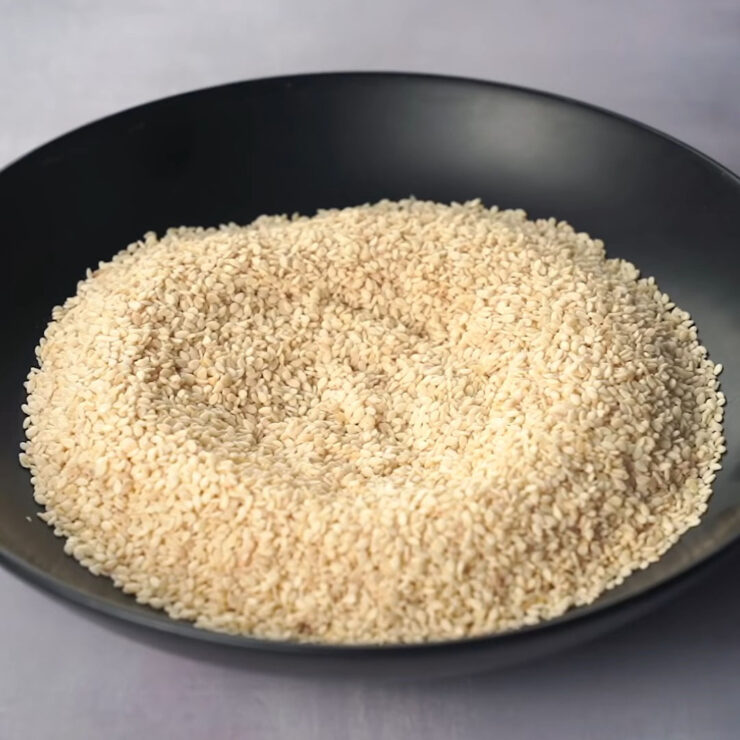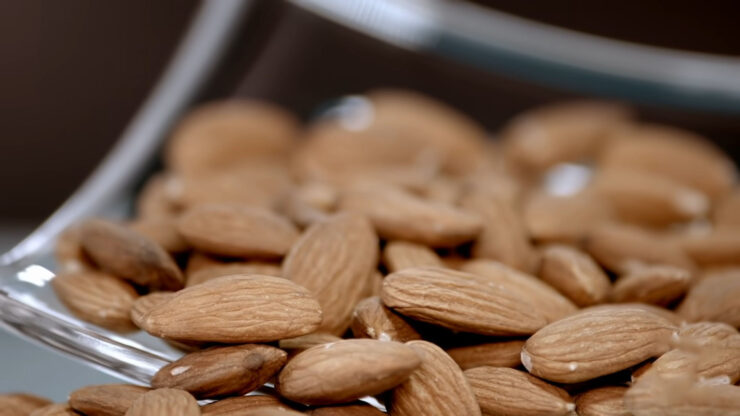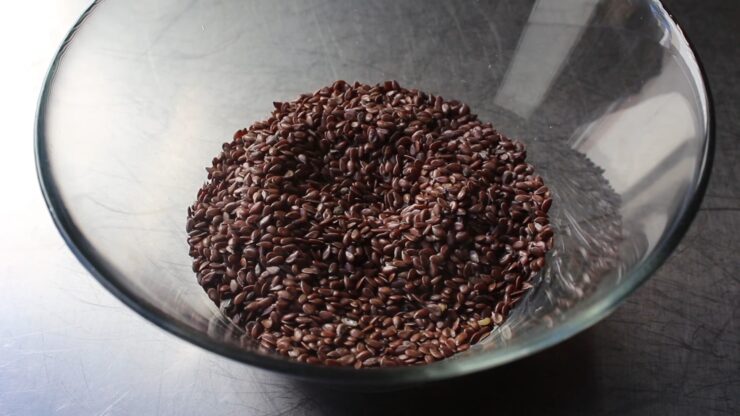As a long-time user of grapeseed oil in my kitchen, I’ve come to adore it. Its high smoke point and mild flavor make it a fantastic option for a variety of dishes, from stir-fries to salad dressings, as well as its health benefits like vitamin E content and presence of polyunsaturated fats.
However, as my culinary journey progressed, I realized that it might not be the only (or the best) option for all cooking scenarios. Most notably, its high omega-6 fatty acid content, while essential in moderation, can potentially tip our diets into an imbalanced state when not offset with sufficient omega-3 fatty acids.
Therefore, I decided to explore the alternatives. Come join me in the journey of discovering these excellent substitutes that promote good health. These 9 alternatives possess distinctive features, and interestingly, a few can be made at home using locally sourced organic ingredients.
1. Olive Oil

One of the most popular and healthful is olive oil which makes an excellent substitute. It is rich in monounsaturated fats (specifically oleic acid), promoting heart health by reducing bad cholesterol levels.
Extra virgin olive, the highest quality, also contains significant amounts of antioxidants, which can fight inflammation and help prevent diseases. Its smoke point varies from medium to high, making it versatile in cooking.
Its flavor is more robust than that of grapeseed, which may influence the taste of your dishes.
2. Avocado

Avocado oil is another heart-healthy alternative. It boasts a high smoke point, making it suitable for various cooking methods, from frying to roasting. Additionally, it’s rich in monounsaturated fats and vitamin E, promoting heart health and offering antioxidant properties.
Though it has a mild flavor, it adds a hint of creaminess that works beautifully in salads or drizzled over dishes.
3. Coconut

Coconut oil offers a distinct flavor profile, introducing a mild sweetness and tropical aroma to your dishes. It’s a very good choice for baking and sautéing. Rich in medium-chain triglycerides (MCTs), it is metabolized differently than other fats, potentially offering weight loss benefits.
However, it’s high in saturated fats, so it’s advisable to use it in moderation.
4. Sunflower

Sunflower oil is known for its neutral taste and high smoke point, and it is perfect for high-heat cooking. It’s high in vitamin E and omega-6 fatty acids, but it should also be balanced with omega-3 sources.
Unrefined versions retain more of their natural nutrients and may offer more health benefits.
5. Sesame

Sesame oil, especially toasted, imparts a robust, nutty flavor to your dishes. It’s an excellent choice for stir-frying, sautéing, and dressing salads. It contains a good mix of monounsaturated and polyunsaturated fats and has antioxidant and anti-inflammatory properties.
Because of its strong flavor, it’s usually used in smaller quantities than other oils.
6. Almond

Almond oil is a lesser-known but wonderful alternative. It offers a delicate, subtly sweet flavor that compliments a wide variety of dishes. It is high in monounsaturated fats, vitamin E, and phytosterols, which are beneficial for heart health.
It has a medium smoke point, making it suitable for light sautéing and finishing dishes. It is commonly used in baking and dessert recipes, imparting a subtle nuttiness and moist texture to cakes and cookies.
7. Walnut

Walnut oil provides a unique, rich, and slightly bitter flavor that works well in salads, pasta, and desserts. It’s high in alpha-linolenic acid, a plant-based omega-3 fatty acid, which helps to balance out the omega-6 to omega-3 ratio. On the other hand, this one has a low smoke point, so it’s not ideal for high-heat cooking.
8. Flaxseed

Flaxseed oil, known for its high omega-3 fatty acid content, provides a nutty flavor to your dishes. Regular consumption can help balance the omega-6 to omega-3 ratio in your diet. It is important to mention that it is not suitable for cooking due to its low smoke point and should be used as a finishing oil in dishes or in dressings.
9. Canola

Canola oil has a mild flavor and a high smoke point, making it suitable for various cooking applications. It has a favorable fatty acid profile, high in monounsaturated fats, and a good source of omega-3 fatty acids.
Low in saturated fat and high in heart-healthy monounsaturated fats, canola oil promotes optimal cholesterol levels and cardiovascular health.
FAQs
Which alternative oils have the highest smoke points for high-heat cooking?
Coconut, sunflower, and canola oil have high smoke points suitable for high-heat cooking.
What factors should be considered when choosing a substitute for grapeseed oil?
Factors such as smoke point, flavor profile, nutritional benefits, and intended cooking methods should be considered when selecting an alternative oil.
Can the suggested alternative oils be used interchangeably in recipes that call for grapeseed?
Yes, they can be used interchangeably in recipes, although the flavors may vary, so it’s important to consider the impact on the final taste of the dish.
What are the potential health risks associated with using grapeseed oil?
Grapeseed is generally considered safe, but some concerns include potential allergic reactions and the presence of certain compounds that may have adverse effects on health.
Are there any other alternatives besides the above mentioned ones?
Yes, there are also other oils that can be used as an alternative. For example: peanut, hemp seed, pumpkin seed, macadamia nut, as well as corn.
Conclusion
While grapeseed oil has its place in the kitchen, a variety of healthier alternatives like avocado and canola provide similar cooking properties with different flavor profiles and nutritional benefits. The choice ultimately depends on your cooking requirements and personal preferences.
When selecting a substitute, consider the oil’s smoke point for your cooking method, its flavor impact on your dishes, and its nutritional profile. Balance is key in a healthy diet, so using a variety of oils can ensure you reap the benefits from different sources.
Happy cooking and experimenting with these flavorful and healthy alternatives!

